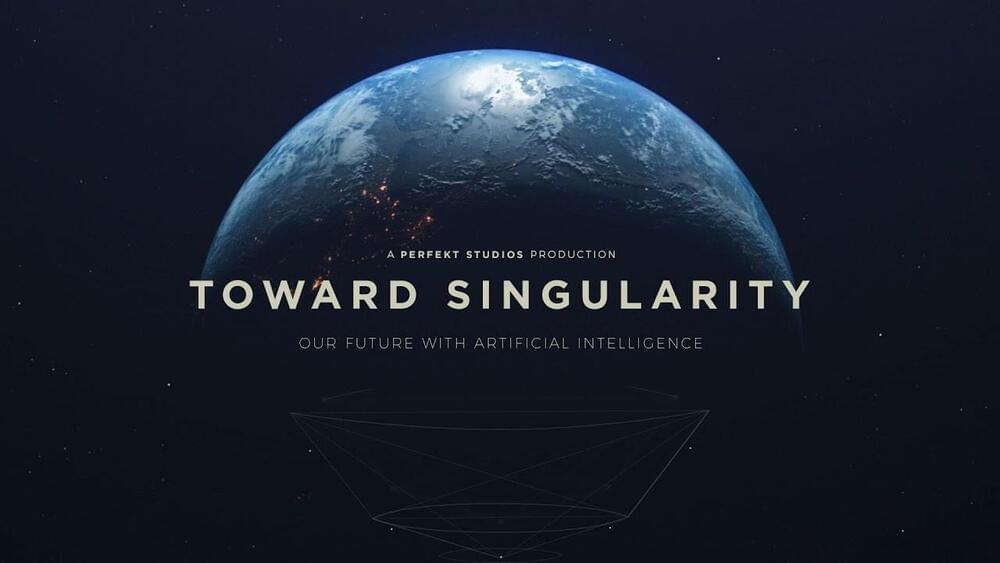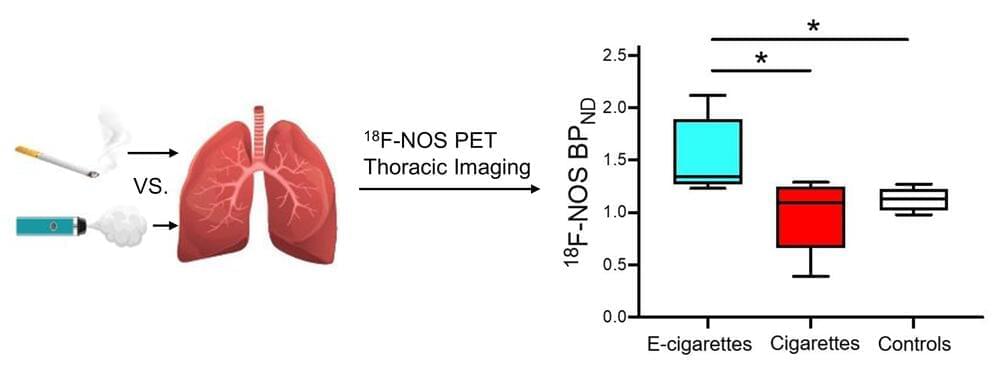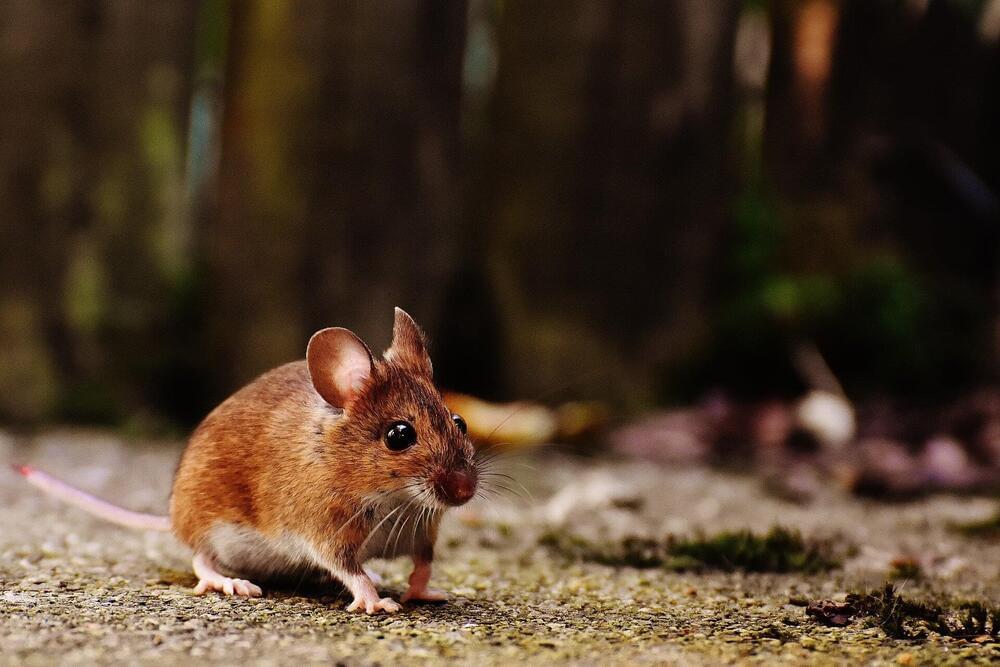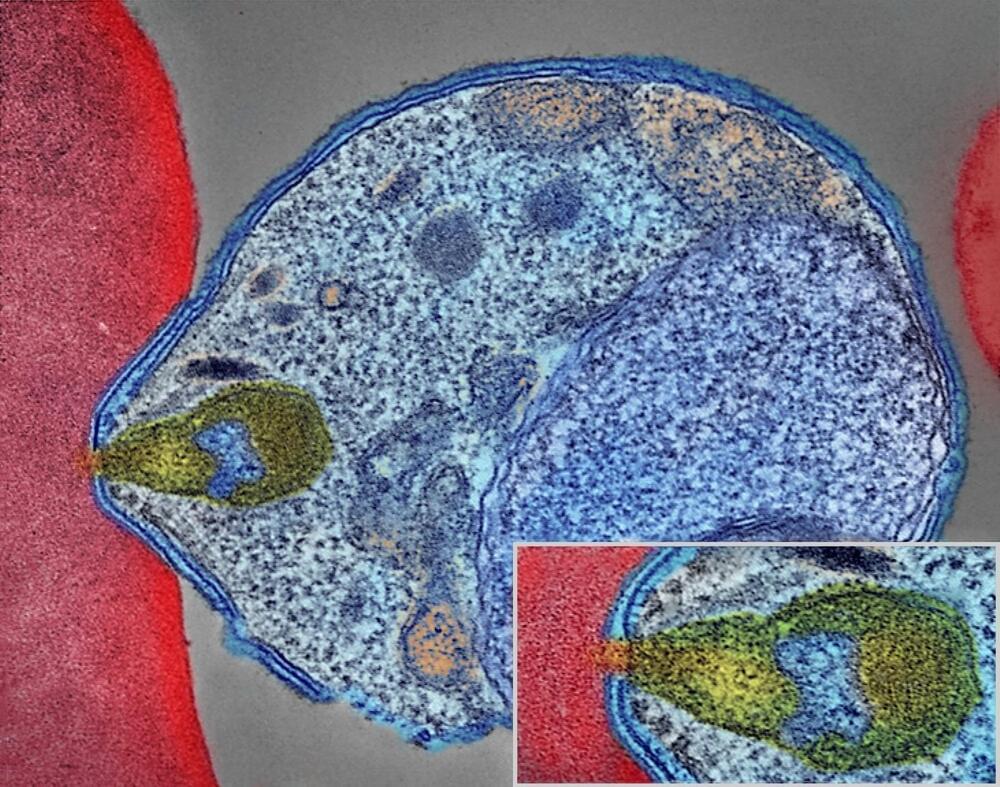Jan 27, 2023
Toward Singularity — Neuroscience Inspiring AI
Posted by Dan Breeden in categories: education, neuroscience, robotics/AI, singularity
Takes a look at how neuroscience is inspiring the development of artificial intelligence. Our amazing brain, one of the most complicated systems we know about, is inspiring the development of intelligence machines. Machines that may well surpass our own intelligence and could birth a new species on the planet. Opportunity and danger lie beyond the singularity!
For those who purchase the video on Vimeo https://vimeo.com/ondemand/towardsingularity there are extended interviews that give further insight into biologically inspired AI technology.
Continue reading “Toward Singularity — Neuroscience Inspiring AI” »


















